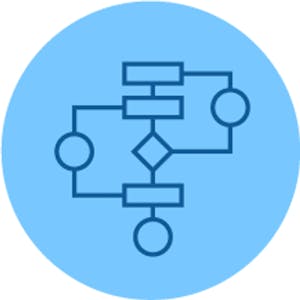Bayesian Statistics: Time Series Analysis
About this Course
This course for practicing and aspiring data scientists and statisticians. It is the fourth of a four-course sequence introducing the fundamentals of Bayesian statistics. It builds on the course Bayesian Statistics: From Concept to Data Analysis, Techniques and Models, and Mixture models. Time series analysis is concerned with modeling the dependency among elements of a sequence of temporally related variables. To succeed in this course, you should be familiar with calculus-based probability, the principles of maximum likelihood estimation, and Bayesian inference. You will learn how to build models that can describe temporal dependencies and how to perform Bayesian inference and forecasting for the models. You will apply what you\'ve learned with the open-source, freely available software R with sample databases. Your instructor Raquel Prado will take you from basic concepts for modeling temporally dependent data to implementation of specific classes of modelsCreated by: University of California, Santa Cruz

Related Online Courses
Begin your journey into Natural Language Processing (NLP) with an introduction to text data and encoding techniques, delving into the intricacies of regular expressions through extensive practice... more
In this course, you\'ll have the opportunity to explore some of the greatest classic golf architects who built courses from the 1880s through the 1920s and some contemporary golf course architects.... more
The purpose of this course is to provide you with an understanding of central bank policies and how such policies affect financial markets and the economy. The main aim of this course is to provide... more
This specialization is intended for people with an intermediate understanding of C++. These topics include basic syntax, control structures, loops, methods, and object-oriented programming. The... more
This Innovation and Entrepreneurship course focuses on the interconnection between entrepreneurial thinking and innovation. Specifically, we look at models used in Silicon Valley to grow both... more







